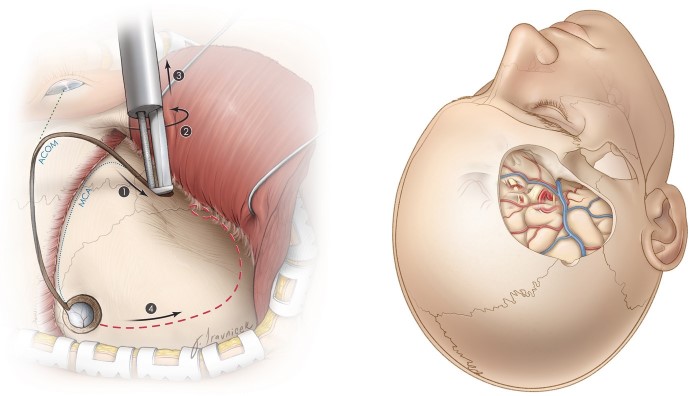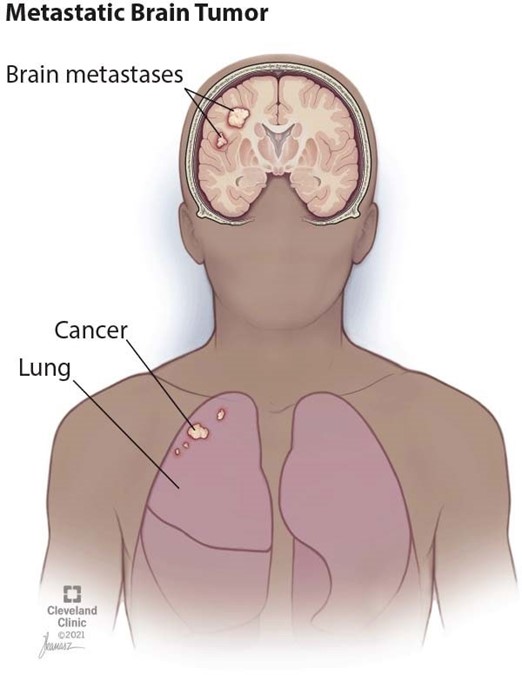Which of the following is a modifiable risk factor of strokes?
Ethnicity
Gender
Age
Obesity
The Correct Answer is D
Choice A: Ethnicity is not a modifiable risk factor of strokes, as it is determined by genetic and cultural factors that cannot be changed.
Choice B: Gender is not a modifiable risk factor of strokes, as it is determined by biological and hormonal factors that cannot be changed.
Choice C: Age is not a modifiable risk factor of strokes, as it is determined by chronological factors that cannot be changed.
Choice D: Obesity is a modifiable risk factor of strokes, as it can be reduced by lifestyle changes such as diet and exercise. Obesity can increase the risk of strokes by causing high blood pressure, diabetes, and heart disease.

Nursing Test Bank
Naxlex Comprehensive Predictor Exams
Related Questions
Correct Answer is D
Explanation
Choice A: Careful, frequent monitoring of respiratory function, including blood gases is correct, as it can detect and prevent hypoxia, hypercapnia, and acid-base imbalance that can affect the brain and other organs.
Choice B: Monitor for signs and symptoms of complications is correct, as it can identify and treat potential problems such as hemorrhage, infection, seizures, or increased intracranial pressure.
Choice C: Monitor fluid status and laboratory data is correct, as it can maintain fluid and electrolyte balance and prevent dehydration, overhydration, or cerebral edema.
Choice D: All of the above is correct, as all of these assessments are important for the patient undergoing intracranial surgery.

Correct Answer is D
Explanation
Choice A: Referral to counselor, social worker, home health care, support groups is correct because it can help the patient cope with the emotional, social, and practical aspects of living with a brain tumor. It can also provide information, resources, and assistance to the patient and their caregivers.
Choice B: Presence of family, friends, spiritual advisor, and health care personnel may be supportive is correct because it can provide comfort, companionship, and guidance to the patient. It can also help the patient express their feelings, needs, and preferences.
Choice C: Encourage independence for as long as possible is correct because it can enhance the patient's self-esteem, dignity, and quality of life. It can also help the patient maintain their physical and mental abilities and prevent complications such as depression, anxiety, or immobility.
Choice D: All of the above are correct because they are part of the holistic nursing care for the patient with nervous system metastases or primary brain tumor. They can address the physical, psychological, social, and spiritual needs of the patient and their family.

Whether you are a student looking to ace your exams or a practicing nurse seeking to enhance your expertise , our nursing education contents will empower you with the confidence and competence to make a difference in the lives of patients and become a respected leader in the healthcare field.
Visit Naxlex, invest in your future and unlock endless possibilities with our unparalleled nursing education contents today
Report Wrong Answer on the Current Question
Do you disagree with the answer? If yes, what is your expected answer? Explain.
Kindly be descriptive with the issue you are facing.
